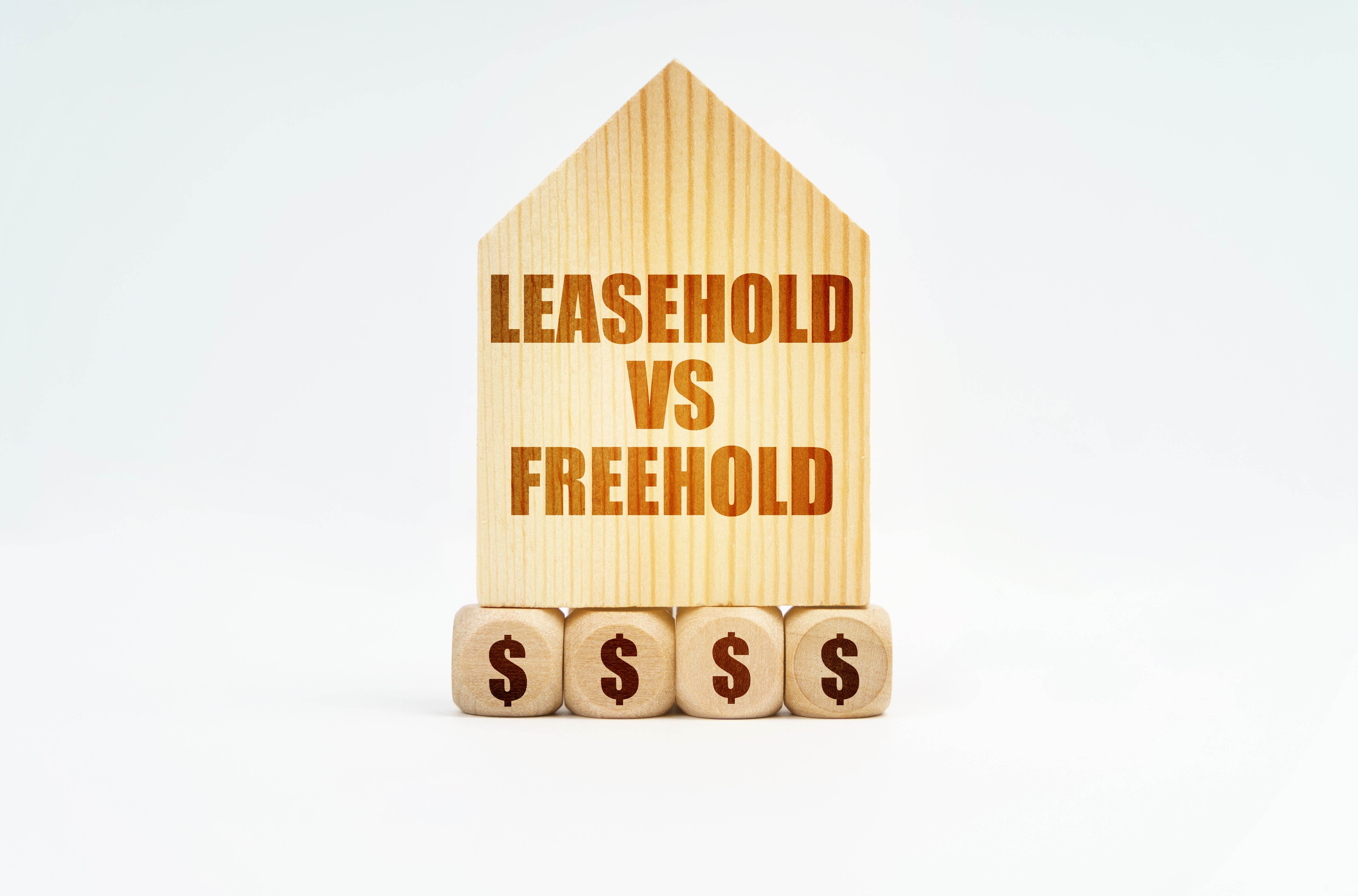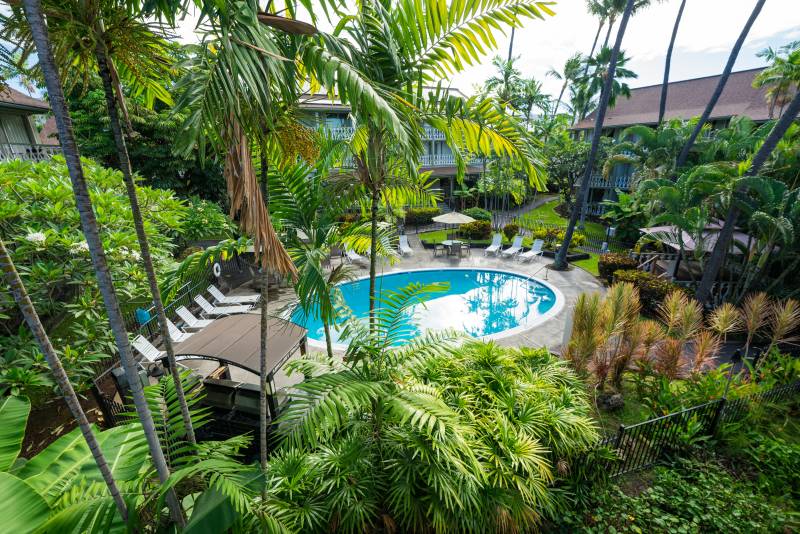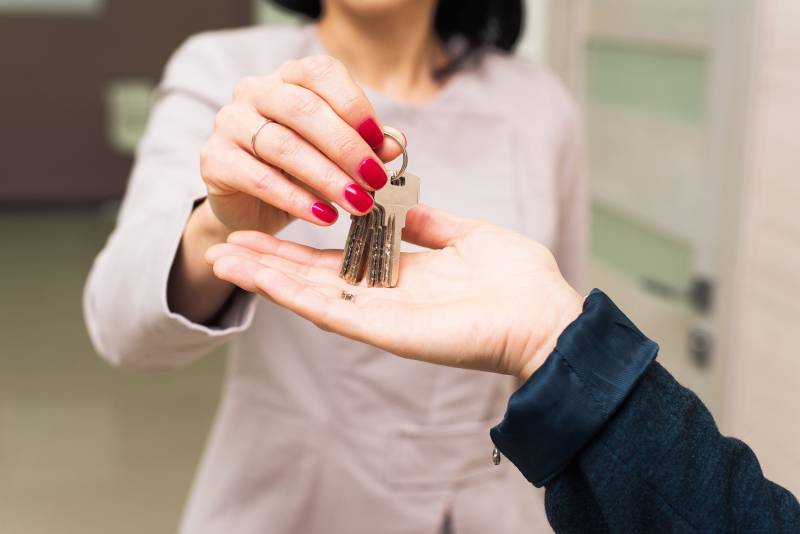When considering purchasing property in Hawaii, it’s crucial to carefully review the type of ownership (fee simple or leasehold) and understand the implications, including potential future costs and restrictions associated with leasehold properties. The distinction between these two types of ownership are very important to understand and here’s a brief overview of both.

Fee Simple Ownership
Fee simple is a type of real estate ownership that represents the most complete form of ownership. In Hawaii, as in many other places, fee simple properties are common. Here are some key points about fee simple properties in Hawaii:
- Also known as “fee simple absolute” or just “fee simple”, this type of ownership has the highest level of property rights, including right to use, sell lease and pass on to heirs.
- Fee Simple properties are the most common type of ownership in Hawaii’s market. Most buyers prefer fee simple as it provides long term security and control.
- When you own a property in fee simple, you have full and absolute ownership of the land and any structures on it.
- You have the right to use, lease, sell, or transfer the property as you wish, subject to local laws and regulations.

Leasehold Ownership
- In a leasehold arrangement, the homeowner doesn’t own the land but instead has a long-term lease on it.
- The lease specifies the duration of the leasehold, which can range from a few decades to over a century.
- While the homeowner has the right to use the property, the landowner (who holds the fee simple title) retains ownership of the land.
- Buyers of leasehold properties are typically required to pay an annual lease rent to the landowner. This can be a fixed amount or may be subject to periodic adjustments.
- Leasehold renegotiation in Hawaii typically involves the parties (landowner and leaseholder) coming to an agreement to modify the terms of the existing lease. This could include changes to the lease duration, rent amounts, or other conditions outlined in the original lease agreement. Be aware that the landowner may be under no obligation to renew the lease, and leaseholder may have nothing left at end of lease.

Once again, when considering purchasing property in Hawaii it’s crucial to carefully review the type of ownership (fee simple or leasehold) and understand the implications, including potential future costs and restrictions associated with leasehold properties. It is advisable for buyers interested in leasehold properties in Hawaii to work with a Realtor that is experienced in such transactions. Please contact me with any questions or concerns you may have on any property here on the Big Island of Hawaii. I have over 20 years experience of real estate sales here!




Leave your opinion here. Please be nice. Your Email address will be kept private, this form is secure and we never spam you.